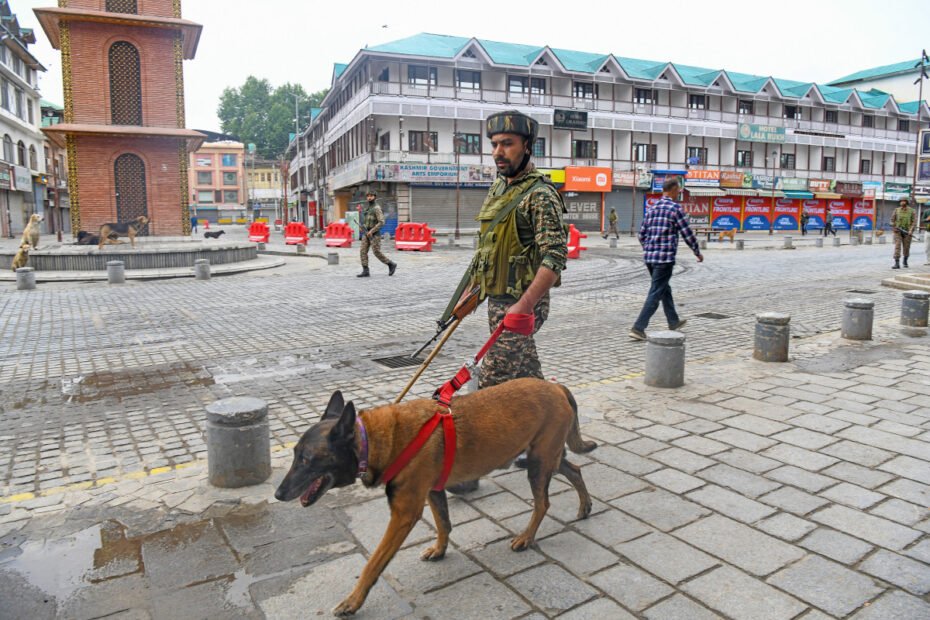Following the Pahalgam attack, the Indian government has requested cryptocurrency exchanges to intensively track transactions associated with people located in Jammu & Kashmir and adjacent border regions.
The Economic Times reported
on May 12.
The FIU-IND, which is an organization within the central Finance Ministry responsible for addressing money laundering and similar financial offenses, requested that Indian cryptocurrency exchanges remain vigilant regarding possible instances of money laundering. Two people knowledgeable about this situation informed the media outlet of this development.
Crypto exchanges have been instructed to closely monitor transactions related to “private wallets.”
Personal cryptocurrency wallets enable fund transfers in a manner that makes it challenging to track financial movements clearly. As a result, these wallets significantly hinder authorities from investigating criminal activities related to digital currencies effectively.
The FIU has requested crypto exchanges to provide details on all trades—not just Suspicious Transaction Reports (STRs)—made by individuals in border regions to the agency. Typically, exchanges only submit STRs to the agency under regular conditions.
Previously, a Supreme Court bench in India
compared Bitcoin trading
To “a sophisticated approach to Hawala transactions.” The Hawala system represents an unofficial method for transferring funds without utilizing conventional banking and remittance mechanisms.
Although India hasn’t established a specific cryptocurrency regulation yet, it imposes a tax of 30% on profits from cryptocurrencies and levies a 1% transaction charge.
Despite this, India topped the global cryptocurrency adoption index in 2024.
as per Chainalysis
Pakistan was placed at the seventh spot.
The tensions between the two neighboring countries persist after the Pahalgam terrorist attack on April 22, where 26 tourists lost their lives.
